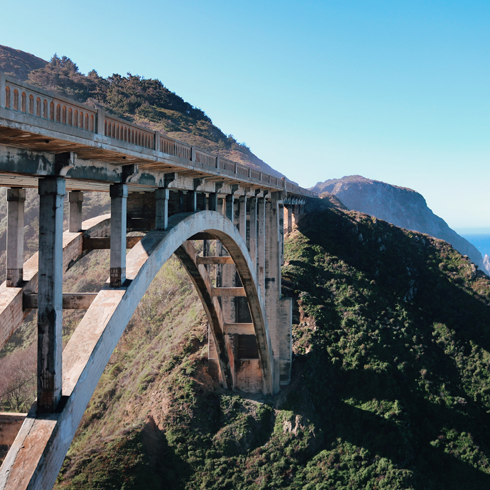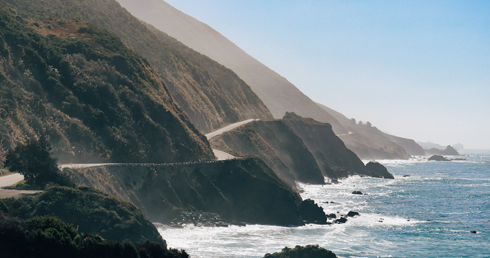Jun 30, 2025
Archival Restorations: Calgary Tower
Jun 28, 2025
Calgary Tower in Calgary, Alberta
The Calgary Tower is one of the most iconic landmarks in Calgary, Alberta, and a symbol of the city's modern skyline. Standing at 190.8 meters (626 feet) tall, the tower was originally completed in 1968 as part of Calgary’s centennial celebrations and was known as the Husky Tower. It was renamed the Calgary Tower in 1971, shortly after its ownership was transferred to the City of Calgary and Canadian Pacific.


Designed by architect W.G. Milne, the tower was the tallest structure in Calgary at the time of its construction. It was built to promote urban renewal and to demonstrate Calgary’s economic growth and potential. The tower's construction involved a unique slip-form method, where concrete was continuously poured to build the structure in a single, uninterrupted process—a technique that was innovative for the time.
Today, the Calgary Tower offers visitors panoramic views of the city and the surrounding Rocky Mountains from its observation deck. One of the most popular features is the glass floor, allowing guests to look straight down onto the streets below. The tower also features a revolving restaurant, Sky 360, which completes a full rotation every 45 minutes, offering a unique dining experience with ever-changing views.
In addition to being a major tourist attraction, the Calgary Tower also plays a role in city events and celebrations - including as the location of the cauldron for the 1988 Winter Olympics. It is frequently lit up in different colors to commemorate holidays, raise awareness for causes, or mark special occasions. Whether viewed from below or experienced from the top, the Calgary Tower remains a proud emblem of Calgary’s heritage and progress.
 |
| LED lights on the Calgary Tower. |


 |
| Looking down from the glass floor of the Calgary Tower. |

 |
| You can see the Olympic cauldron on the very top of the Calgary Tower. |
 |
| Looking down at the Palliser Hotel in downtown Calgary. |


 |
| Stephen Avenue in downtown Calgary. |

Jun 26, 2025
Big Sur on the California Coast
Driving through Big Sur is one of the most breathtaking road trips in the world. Stretching along California’s rugged central coast between Carmel and San Simeon, this iconic portion of Highway 1 offers dramatic ocean vistas, towering cliffs, redwood forests, and a raw natural beauty that feels untouched by time.
The journey begins just south of Monterey, where Highway 1 begins to hug the coastline. As you climb into the Santa Lucia Mountains, the road winds and dips with the contours of the cliffs, offering panoramic views of the Pacific Ocean. One of the first major landmarks is the Bixby Creek Bridge, a graceful, arched span often featured in photographs and films. Just beyond are stops like Pfeiffer Beach, famous for its purple-hued sand and rock arch, and McWay Falls in Julia Pfeiffer Burns State Park, where an 80-foot waterfall cascades directly onto a secluded beach.
Big Sur is more than just a scenic drive - it's an experience. Along the way, you’ll encounter small lodges, rustic cabins, and roadside cafes nestled among the redwoods. The area has no major towns, limited cell service, and only a few gas stations, reinforcing a sense of isolation and peace. Many travelers pull over frequently to hike, picnic, or simply admire the views.
Driving Big Sur is best done slowly, ideally during daylight hours to appreciate the views and safely navigate the narrow, winding roads. Whether you're exploring for a day or staying overnight, this stretch of coastline is unforgettable. A place where land and sea collide in the most spectacular way.

.png)
.png)
.png)
.png)
.png)
.png)
.png)




























.png)







.png)

